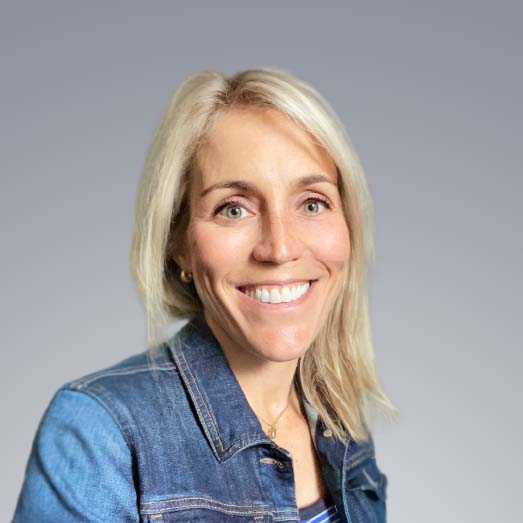This vibrant 11-year-old now battles feelings of shame about her body and appetite, influenced by well-intended but unaware adults who warn this young person about her size and eating habits (which, again, are typical). As her body matures to more closely resemble the adults, the criticism intensifies, and she’s told that certain clothes, foods, and activities are reserved for ‘smaller bodies.’ Unfiltered media further reinforces these harmful messages: girls should be small, thin, and conform to societal norms.

These adult role models are merely perpetuating the diet culture they grew up in, which wrongly equates larger bodies and robust appetites, especially in girls, with being unattractive or undesirable. This culture not only prioritizes appearance over health but also convinces this 11-year-old that she needs to be monitored and ‘fixed,’ fostering the belief that she is inherently wrong.
Fast forward a few years. We will see this young person, now 15-years old on diets that include eliminating entire food groups. Adults will praise her weight loss, not realizing they are encouraging the girl to continue to use whatever means necessary to make her body smaller, and thinner. By age 16, the girl will have a clinical eating disorder.
The eating disorder will continue until she is an adult. At age 22 she finds treatment and recovery (and learns that eating disorders are caused by a mix of genetics, experience, and environment).
So though she recovers, this person, now a young woman, will never get back her childhood, adolescence, teenage, and college years. Those were consumed with fear and body shame. Her memories are not of friendships or dating or childhood things. Her memories are of her body and how it always felt wrong and “too much.”
We can stop perpetuating diet culture.
Kids are not born thinking about carbs, clean plates, their size, or weight.
Opinions about attractiveness—call it “vanity”–don’t develop until a child is at least age five or six. And what they come to understand and believe depends largely on what kids observe in their day-to-day lives.
Research shows that children’s perceptions of body and food are molded by their observations and the words they hear, as well as by their genetics. But as role models, we hold the power to create and hold space so the environments our young people grow in prioritize health and wellness over diet culture. “It’s not their bodies causing these kids to have higher rates of anxiety, depression and disordered eating behaviours. The real danger to a child in a larger body [or any body] is how we treat them for having that body.” [said Virginia Sole Smith, in an interview with The Guardian’s Rebecca Seal Rebecca Seal @RebeccaSeal]
At WithAll, we are parents and role models to young people, and we are advocates for all young people. We think of diet culture and young people’s exposure to diet culture in the same way we think of cigarettes and secondhand smoke: is not something we want our kids, or any kids, around. It hurts health in serious ways, both well-known and still unknown.
For that reason, we created our What to Say initiative –to equip adults to create environments free of diet culture. What to Say provides practical tips and resources to adults to help redirect conversations and make space for kids that prioritize health and well-being, leaving “at the door” the harmful diet messages and body ideal harms that too many of us grew up with, have lived with, and too often suffer with.
By creating environments for our young people, free of diet culture, we are protecting kids from the path to harmful disordered eating, eating disorders, and other health conditions.
Just as most of us choose to not put our kids in situations with second-hand cigarette smoke, let’s work together to keep the space young people grow up in free of diet culture–space to grow up feeling empowered in their body and with food. We are doing this with you. Remember, you’re not alone in this journey.




